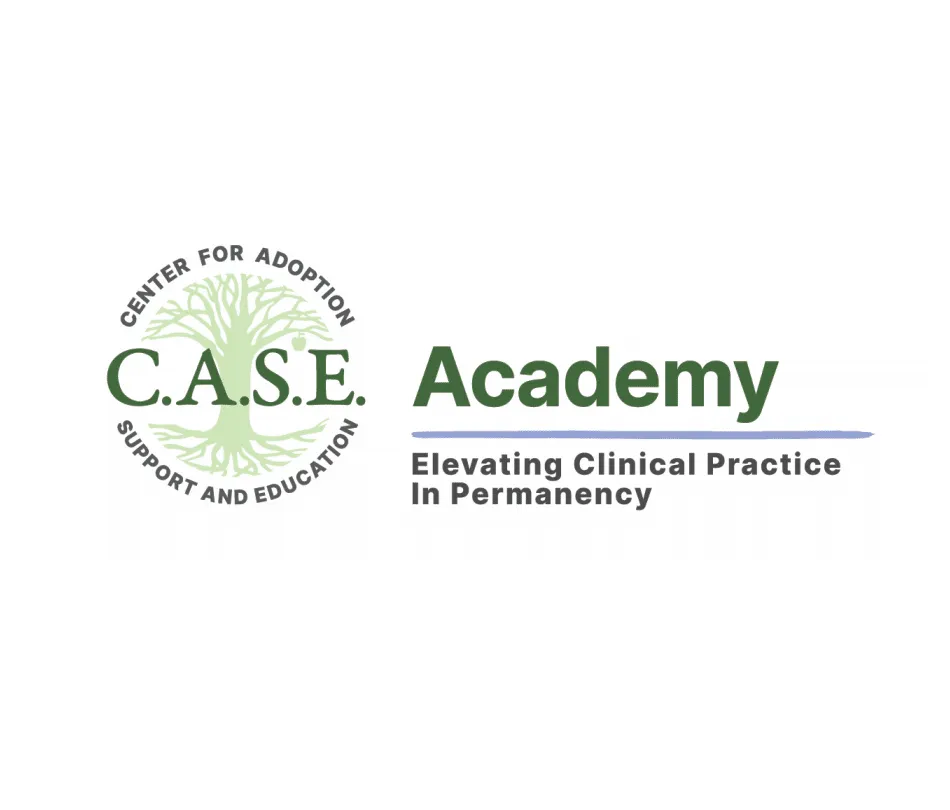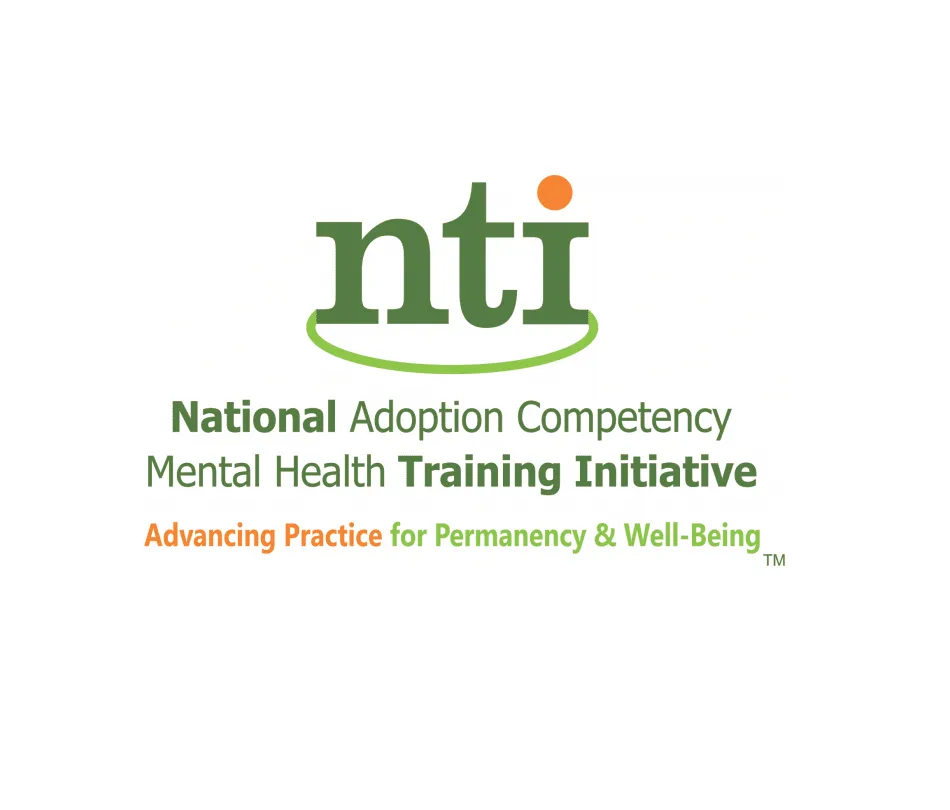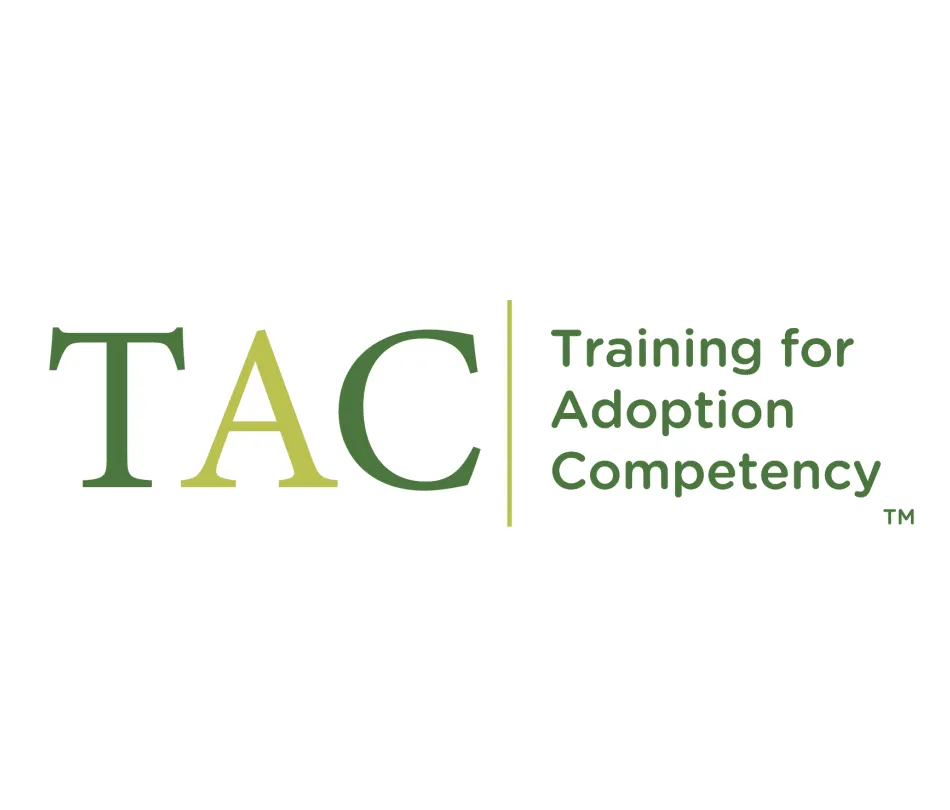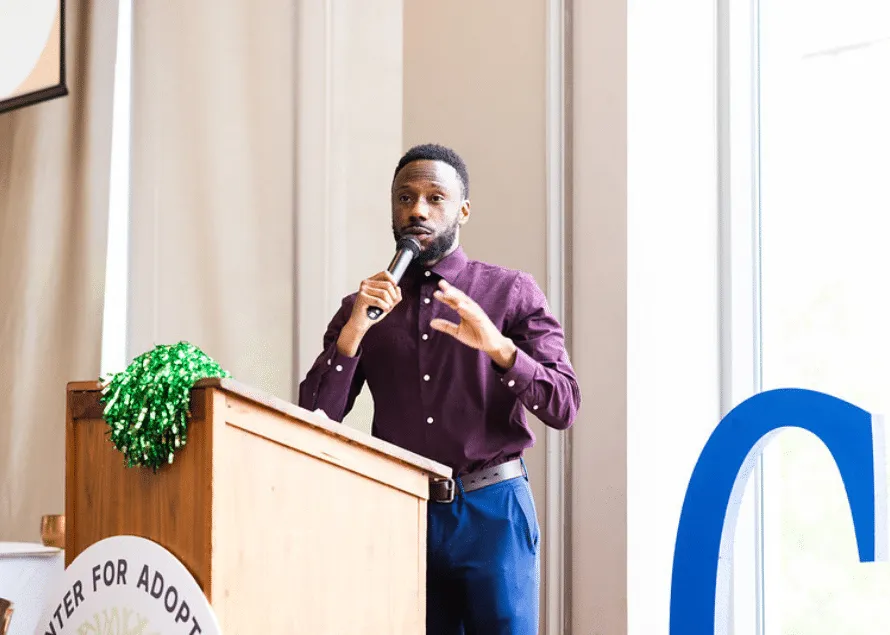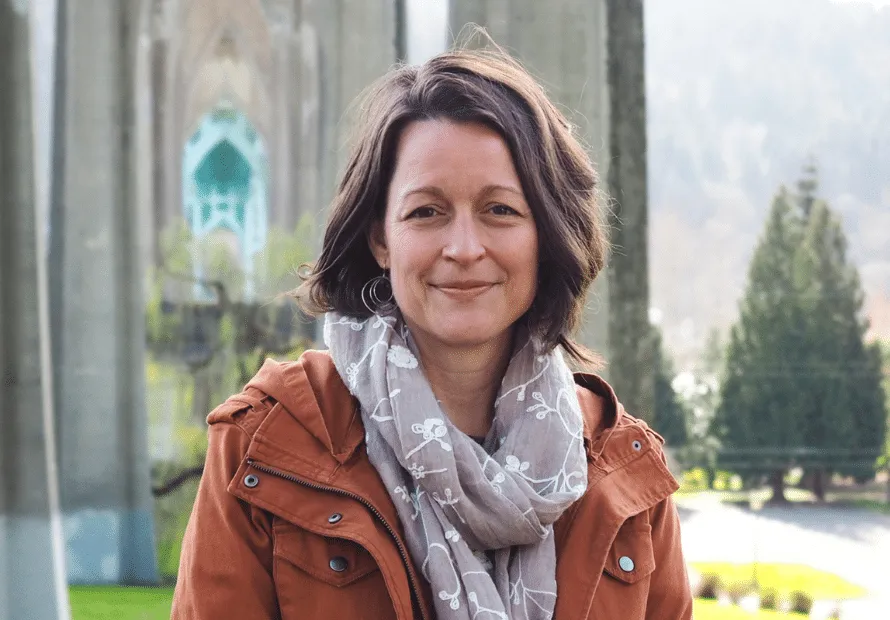On Motherhood, Roots and Adoption
On Motherhood, Roots and Adoption
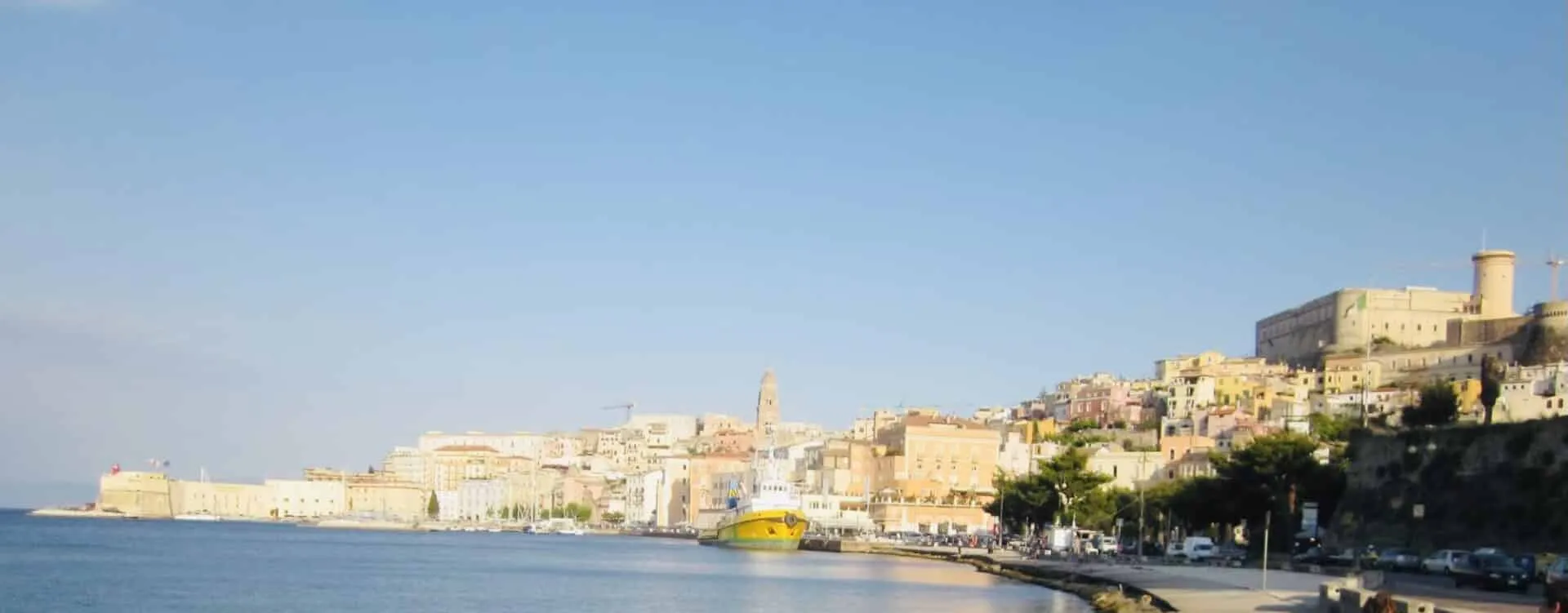
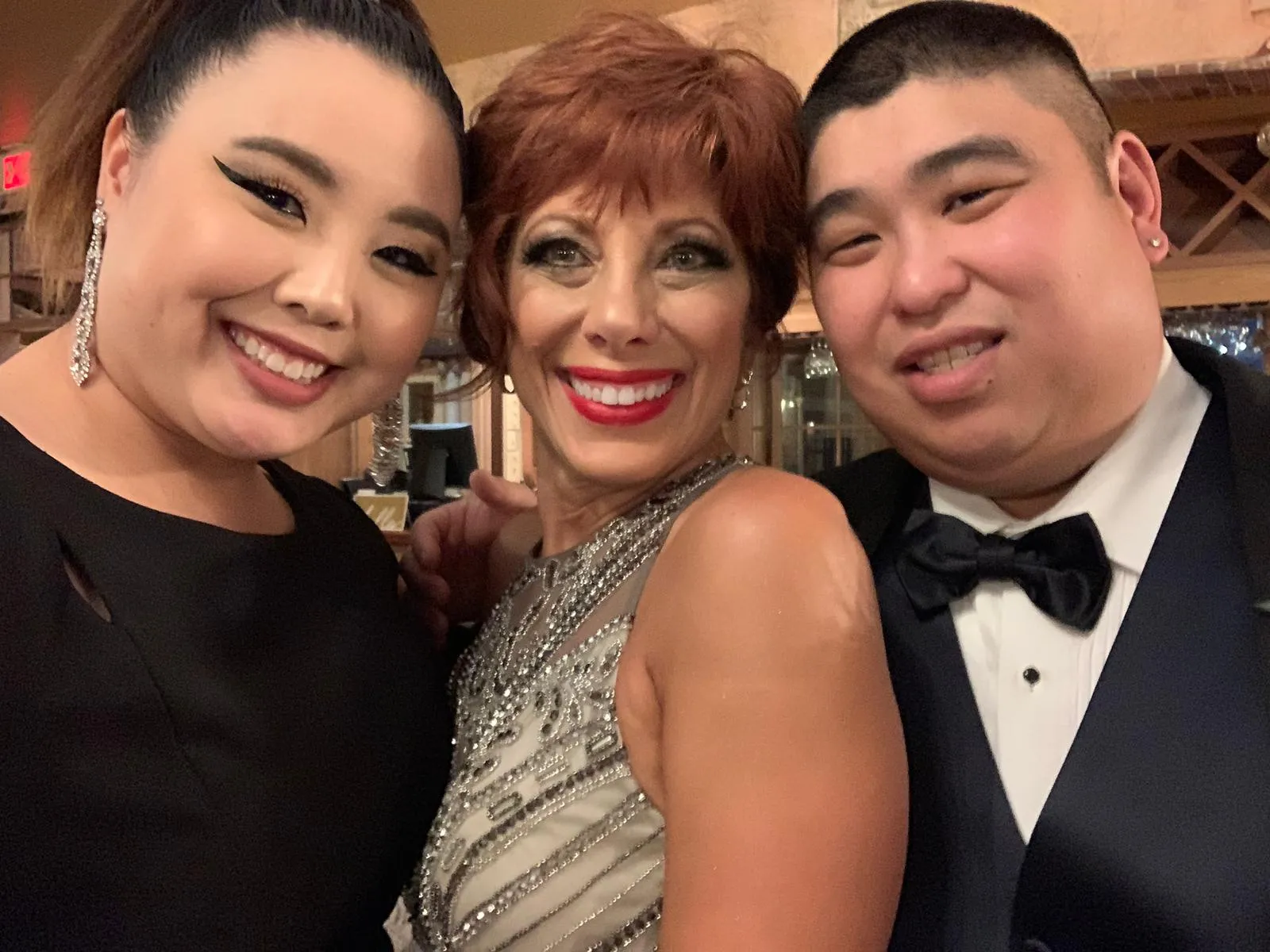
Mother’s Day is complicated for those in adoptive families. It has been my great fortune to be Mom to my two amazing Korean-born children (now adults). They celebrate me and with me on Mother’s Day, and still, I wonder and worry…
Does this day bring up other feelings for them that they are not willing to share with me? Do they think my feelings would be hurt? With little information and little ability to communicate and/or access more information, do they experience that sense of connection, rootedness to their origins that I do?
I am Italian-American. I grew up in my original family, in a neighborhood full of families quite like mine. Our family traditions included Sunday sauce midday, large gatherings for weddings, funerals, and holidays. For most of my life, I took my heritage for granted. My desire to visit Italy was grounded only in my desire to experience other cultures and see the world rather than exploring my roots.
As my kids were growing up, I made sure there were opportunities for all of us to learn about their birth culture and birth history, to the extent possible. We participated in festivities at the local Korean church and Korean summer camp, bought books in English and Korean, cooked bulgogi and yachaejeon (vegetable pancakes). We were active in the Korean-adoption support group and made multiple attempts to find their birth families in Korea, to no avail. We discussed travel to Korea through the years with varied interest from my kids.
A couple of years ago I had the good fortune to travel to Italy. As we were planning the trip, I wrote to my paternal uncle for advice on how to manage all I hoped to see in one two-week trip, as he and my aunt spend a good deal of time there. We discovered our trips to Italy would overlap, and they generously offered to host us for two days in Gaeta, the birthplace of my grandparents. I fell in love with Italy as soon as we landed. The countryside is gorgeous, the language musical and passionate, and the people the same. There is something magical about walking through the stone streets of towns that are more than a thousand years old!
On our 2nd day in Gaeta, my uncle took us to see the homes where my grandmother and grandfather were born, roughly ten blocks from each other on the same street of this small fishing village. Born 16 years apart, my grandparents did not know each other in Italy but found each other in Upstate New York.
All we could see of the homes in which they were born were the doorways and wrought iron balconies of each apartment. Yet, to stand in the street below my family origins was a profound experience. I felt that my feet had roots in the very earth. This is where I am from, I thought in awe, where I started.
Once home, my thoughts turned to my children. How must it feel to know nothing of your own roots? To not know your own family, where your grandparents were born? With no connection to any biological family members, my children have an incomplete story. The extent of their knowledge of their birth families is that which is obvious in their own faces – physical descriptions of their birth mothers and fathers (dark hair, dark eyes, and fair complexion) and little else.
So many adopted individuals don’t know or have access to their heritage, their origins and feel as if they were dropped onto the planet from space to live with strangers, uprooted and un-rooted. Many have positive feelings about their adoptive families and at the same time, feel a complicated sense of belonging and not belonging. Many have a hunger to hear their family stories, to feel the power of their birth history. I believe it is their right to know, to have the information to fill in the blanks, to feel rooted and connected. As a therapist, I understand how important that knowledge is for healing and well-being. As a mom, I believe it is my job to help my kids get all they need to feel healthy and whole.
Motherhood has been an honor and privilege for me. I wanted badly to be a mom, and it didn’t happen the “natural” way. I’ve heard adoptees say that being adopted made them feel like a second choice, or second best. For me, it was simply a different choice and the best one I’ve ever made. I love being a mom, an adoptive mom. At the same time, I’ve learned that it is not always the best choice for the adopted person – losing history, culture, birth family and country of origin is often painful, complicated, and filled with sadness. I hold space for my children’s love and any grief they carry on Mother’s Day. Every day.
